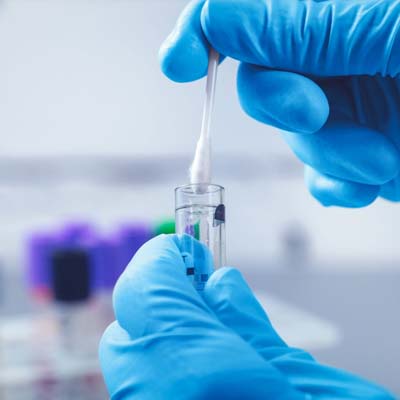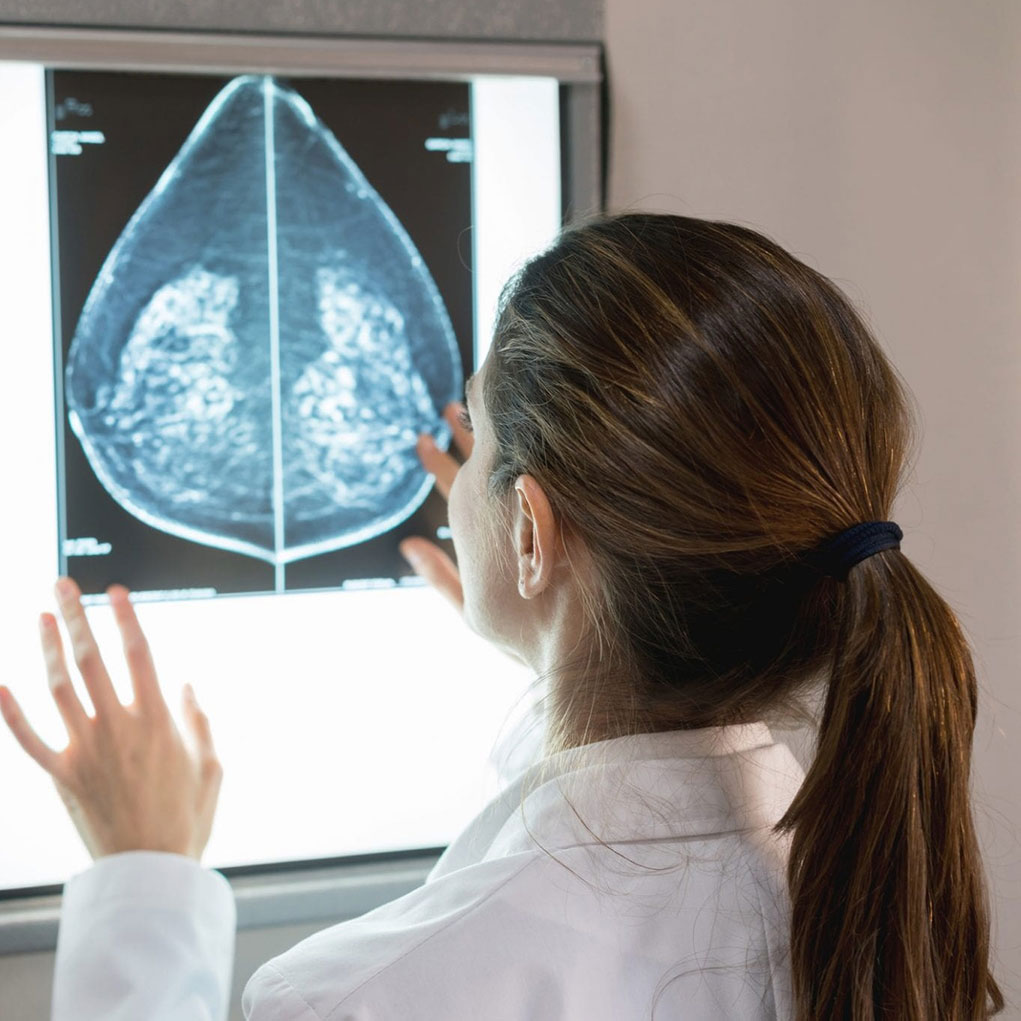15 Tips to Prepare for Your Next Mammogram: What to Know Before You Go

September 14, 2018
By Gail Starr, M.D., M.S.Ed.
A mammogram uses x-rays to take pictures of the inside tissue of your breast – and it’s an important procedure that can help radiologists and the doctors who read your mammogram detect breast cancer.
Preparing for a mammogram in the correct way can help to reduce anxiety about the procedure and provide more accurate results. Consider these important tips when you prepare for your next mammogram appointment.
- Skip the deodorant that day. Avoid using deodorants, antiperspirants, powders, lotions, creams, or perfumes under your arms or on your breasts. Particles in these products might show up on your mammogram and cause undue alarm or confusion. You want to avoid having to schedule additional tests or possibly losing the opportunity detect breast cancer in its early stages.
-
Schedule the test to occur one week after your period. If you haven’t gone through menopause, your breasts are most likely to be sensitive or tender the week before and the week during your period. The best time for a mammogram is usually one week following your period, when your breasts aren’t as tender.
-
Consider pain medication if you find that having a mammogram is uncomfortable. Taking an over the counter acetaminophen, such as Tylenol, about an hour before your mammogram might ease the discomfort of the test. Check with your doctor before taking any new medications.
-
Wear a two-piece outfit. That way you’ll only have to remove your top and bra. You will be given a robe to wear, but you’ll feel less exposed being able to keep your bottoms on.
-
Leave any neck jewelry at home. Anything around the neck will interfere with obtaining clear x-ray images of your breasts. Do not risk having neck jewelry lost because you have to remove it.
-
Bring any prior mammogram images. If you’re going to a new facility for your mammogram, request to have any prior mammograms placed on a CD with reports and bring them with you to your appointment. If you have had a prior biopsy, also bring those results. The radiologist will compare the current exam to all of the prior studies. Sometimes the most important finding on your mammogram is a subtle change over time which cannot be detected without the benefit of the comparison. You might also avoid unnecessary additional views or biopsies if a finding is seen now, but can be shown to be unchanged over a long period of time.
-
Eat and drink as you normally would before having a mammogram.
-
Take your daily medications as usual.
-
Consider reducing your intake of caffeinated beverages and chocolate 3-4 days before your scheduled appointment. Caffeine may make your breasts feel more tender.
-
Choose a certified mammogram facility and preferably a Breast Imaging Center of Excellence. That way, if you need any additional imaging or a biopsy you will not need to go anywhere else.
-
Bring your doctor’s written order/prescription for the mammogram study.
-
Bring your ID and insurance information. You will check-in before the mammogram is performed. The process involves confirming your identity and your insurance information.
-
Tell the radiology technologist about any physical limitations. Mammogram pictures are obtained with you in the standing position, though if you are unable to stand the machine can be adjusted with you in the seated position. Don’t be afraid to voice your concerns about pain that may occur when your breasts are compressed during a mammogram. Just ask the technologist to proceed slowly and let them know the instant you begin to feel any discomfort.
-
Describe any breast problems or symptoms to the technologist performing the exam.
-
Wear flat shoes, sneakers, or low heels. You will be standing for your mammogram, and may be asked to lean forward or backward for best positioning. High heels may throw you off balance.
The word “mammography” might make some people feel intimidated or perhaps even anxious, but the best way to be an advocate for your personal breast health is by undergoing your annual mammogram. We know screening saves lives.
Next Steps & Resources
- Meet our source: Gail Starr, M.D.
- To make an appointment with Dr. Starr or another physician, call 800-822-8905 or visit our website.
- Find a mammogram location near you.
The material provided through HealthU is intended to be used as general information only and should not replace the advice of your physician. Always consult your physician for individual care.
Find a doctor near me
Should You Get Genetic Testing for Breast Cancer?

Genetic Testing for Breast Cancer: Learn about your risk and proactive steps to take. Reduce breast cancer risk with early detection.
5 Women’s Health Signs You Shouldn’t Ignore

Five Women’s Health Signs You Shouldn’t Ignore. Learn about abdominal bloating, weight loss, and other symptoms from Dr. Asulin at Pascack Valley Medical Center. Call 800-822-8905.
Find a doctor near me

Who Should Get Screened for Breast Cancer?
Breast cancer screening: Learn when mammograms are recommended. Doctors Starr, Borofsky, and Gamss share crucial information. Schedule your appointment today.

What Does It Mean If You Have Dense Breasts?
Dense breasts? Dr. Tammaro explains the risks and what to watch for. Ocean Medical Center offers support and resources. Call 800-822-8905.

5 Questions to Ask Your Physician at an Annual Physical Exam
Getting an annual physical exam is an important step in staying healthy. It’s an opportunity to touch base with your primary care physician while you are healthy so you can stay that way.

6 Ways to Treat Bladder Leakage
Treat bladder leakage. Explore 6 treatment options, including lifestyle changes, exercises, medication, and procedures. Find relief today.
